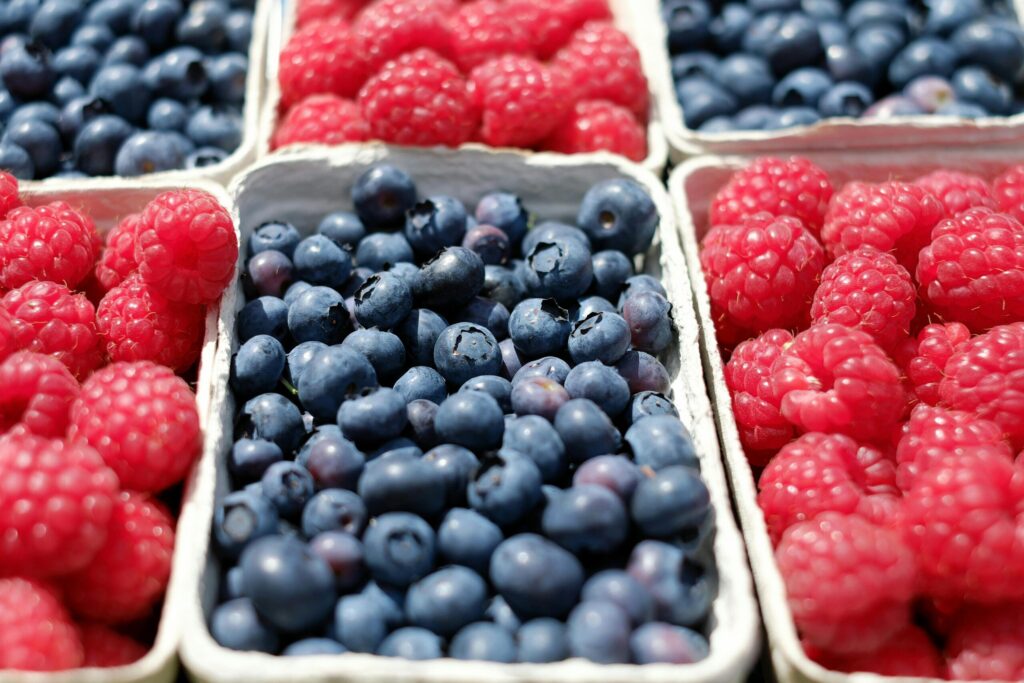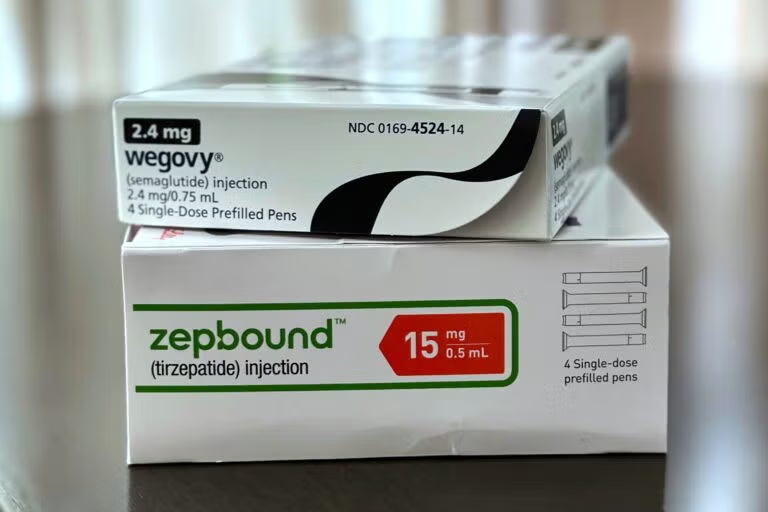Eating 3 Servings of Berries a Day Could Help You Age Better, Study Finds

New research suggests that incorporating at least three servings of flavonoid-rich foods into your daily diet could promote healthier aging—supporting everything from brain health to physical function.
The study, published in The American Journal of Clinical Nutrition, highlights the powerful role flavonoids—plant compounds with antioxidant and anti-inflammatory properties—can play in reducing the risk of frailty and chronic disease as we age.
To assess dietary impact, researchers developed a “flavodiet score,” a new metric designed to evaluate how closely an individual’s eating habits align with a flavonoid-rich diet.
“This helps translate research into real-world advice and shows how whole diets—not just isolated nutrients—support healthy aging,” said Dr. Aedín Cassidy, a professor at Queen’s University Belfast and co-author of the study.
The Power of Plants
Flavonoids are naturally found in a wide range of foods, including berries, apples, tea, citrus fruits, leafy greens, and even red wine. These compounds have been linked to a lower risk of cancer, reduced inflammation, and improved cardiovascular health.
“Flavonoids promote healthy aging because of their antioxidant and anti-inflammatory properties,” said Erin Holley, RD, a dietitian at The Ohio State University Wexner Medical Center. “This essentially helps slow the aging process at the cellular level.”
The research team emphasized that even modest dietary changes—such as adding an extra cup of berries or a mug of green tea—can make a meaningful difference over time.
How Much Is Enough?
Researchers recommend aiming for at least three servings of flavonoid-rich foods daily. Doing so may help maintain muscle mass, support vascular health, and reduce the risk of high blood pressure and cholesterol levels.
Importantly, these benefits don’t require drastic overhauls. “It’s not all-or-nothing,” Holley noted. “Even one serving of fresh fruit or vegetables is better than none.”
Moderation is also key. While red wine is a flavonoid source, guidelines still recommend no more than one alcoholic drink per day for women and two for men.
Room for Improvement
The study, while compelling, does come with limitations. It relied on self-reported dietary data and included a relatively homogenous participant pool, which may limit how broadly the results can be applied. Nevertheless, experts say the evidence points toward a promising, accessible strategy for aging well.
“Simple changes today could mean a longer, healthier tomorrow,” Cassidy said.
By Staff Writer, Courtesy of Forbes | June 23, 2025 | Edited for WTFwire.com
Source: Very Well Health
: 285







